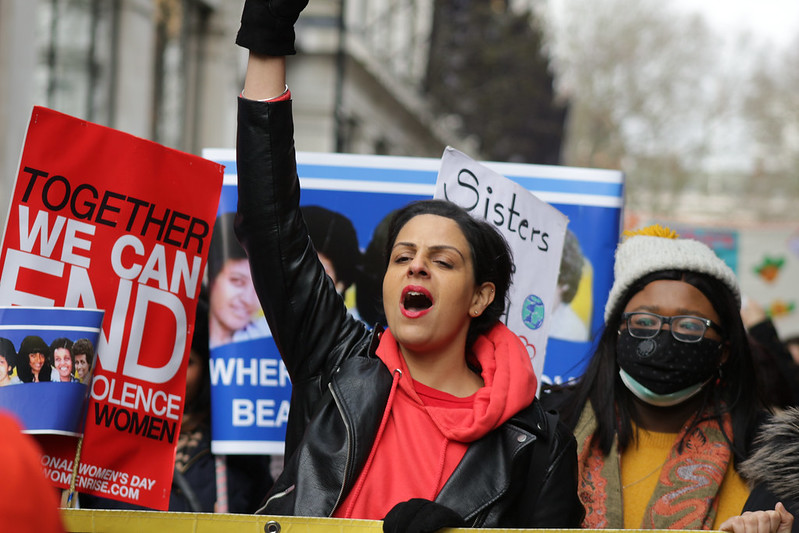Domestic abuse: the scale of the problem
In the year ending March 2020, an estimated 2.3 million adults experienced domestic abuse. There was an 22% increase in the people supported by the National Domestic Abuse helpline in England in 2021.
The Domestic Abuse Act 2021 defines domestic abuse as the behaviour of a person towards another person when they are both aged over 16, personally connected, and the behaviour is abusive. People who are ‘personally connected’ can be intimate partners, ex partners, family members or individuals who share a parental responsibility for a child. Abusive behaviour can consist of physical or sexual abuse, violent or threatening behaviour, controlling or coercive behaviour, economic abuse, psychological, emotional or other abuse. It does not matter whether the behaviour consists of a single incident or a course of conduct.
Legal and language barriers for domestic abuse survivors
Domestic abuse survivors whose first language is not English face additional barriers to accessing support services. Firstly, information about accessing support is often in English rather than in a range of languages. This means that survivors may not know who to call or where they can access support. When those experiencing domestic abuse try to find support from the police or refuges, they may face barriers in being supported effectively due to issues with language, or a lack of specialist knowledge within services.
As many domestic abuse survivors with English as a second language are financially dependent, socially isolated and reliant for their immigration status on their partners or family members, it can be difficult to leave abusive situations.
A new holistic service
Greater Manchester Law Centre has launched a new service aimed at survivors of domestic abuse who speak English as a second language. We provide a holistic service that helps survivors overcome housing, benefits and employment issues.
We also have relationships with advisers in other areas, such as debt and immigration. This means that, for any legal issues we cannot deal with ourselves, we can make informed referrals to help you access support and leave abusive situations.
This service is open to people from all genders who speak English as a second language and have experienced domestic abuse. GMLC has access to some interpreting services, so we may be able to use an interpreter for your appointments.
To refer yourself, please contact us on 0161 769 2244 or email reception@gmlaw.org.uk.
To refer from another organisation, please fill in this form: DV project referral form.

